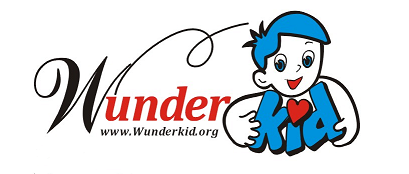KINDERGARTEN
With 5 year old children we start from the very basics. Working on the following ideas: What are natural and whole numbers, consecutive, odd and even numbers? What do intervals mean? How does one make a number line? How does one create a set of numbers? What do expressions like the least number and the greatest number mean? What does a digit mean? How does one find a place value of each digit?
We find patterns in nature and in our every day surrounding. We compare who is shorter, what is longer, who weights more, and much more. We will “run” along consecutive, even and odd numbers, up and down inside a finite set of numbers. We will study the best ways of adding and subtracting natural numbers, splitting numbers in 2, 3, and 5 parts, define various geometry figures; find what means measure and perimeter and provide perimeters measuring of some surrounding objects (such as surfaces of tables, books, etc.).
The effectiveness of my teaching strategy lies in using role playing, modeling, working with unique demonstrative devices and in special memory training. At this age we start to develop a sense of abstract thinking, increasing the concentration span. Above all I help children to experience the pleasure of learning and discovering.
GRADE 5
With children from 5th grade we repeat basic important concepts which were studied during previous years in arithmetic and geometry, including fractions, decimals, percentages, proportionality, rounding of numbers; Metric and English measurement systems, concepts of rate, speed, mean, range, mode, median, basic numbers properties; angles and areas in 2-d geometric figures, etc.
Special training for developing logic should be primary for 10 years old children. Kids will learn how to solve problems with two cars on a road, how to fill a pool with water, what to do with a boat and a current of a river, with a speed of a plane and a speed of a wind, how to make a border around the pool and a path around a square, what is an elevation and depression and much more. We discuss various problems and approaches to solving them. Together we find answers to questions and best solutions. The learning process will involve various demonstrative devices, modeling and role playing.
Throughout this process, children will develop a strong memory and advanced skills in solving various logic problems.
